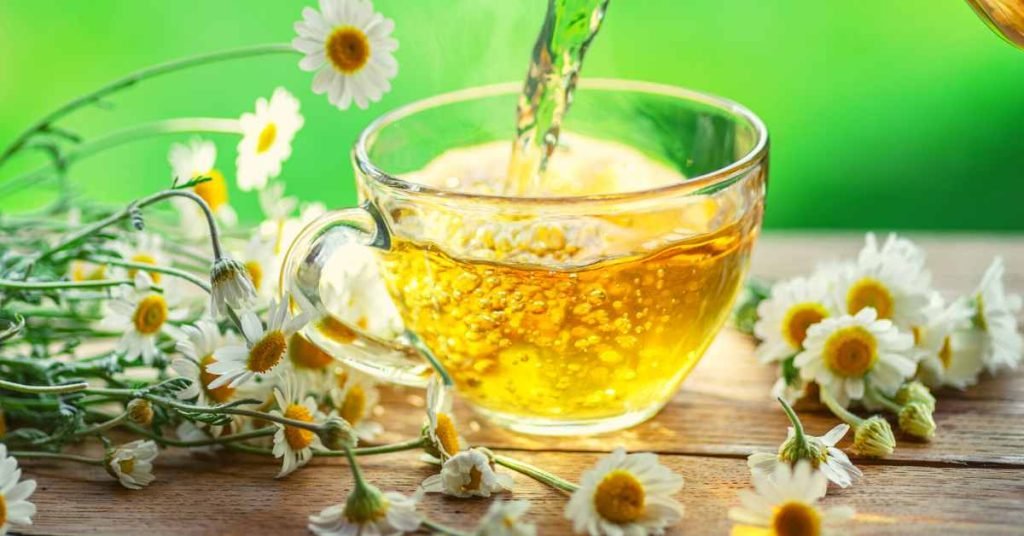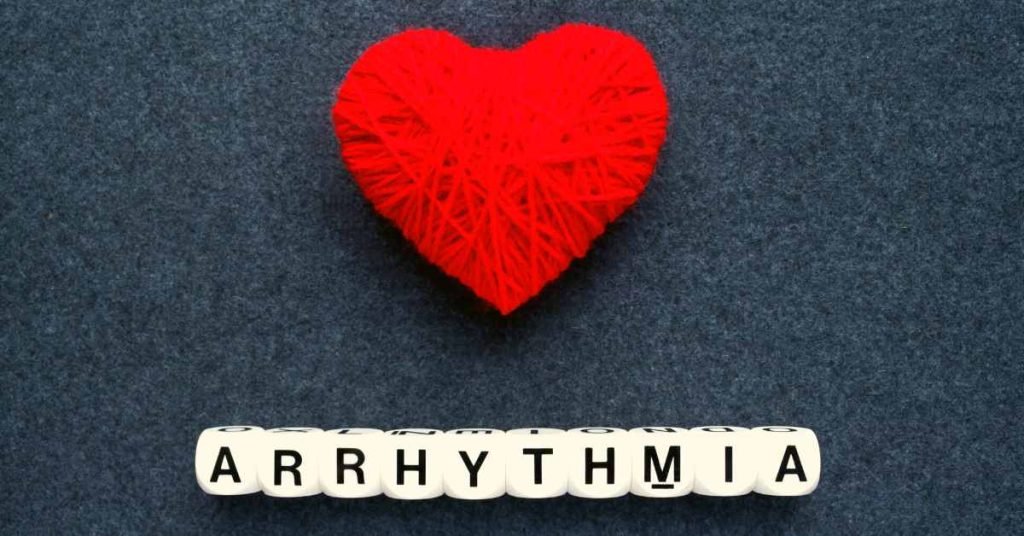Arrhythmia, an irregular heartbeat, can be a cause of concern and discomfort for those who experience it.
While medical intervention and a healthy lifestyle are crucial for managing this condition, the soothing ritual of tea consumption can complement these efforts.
In this article, we’ll explore how tea, with its diverse range of herbal and antioxidant-rich varieties, can aid in the management of arrhythmia and promote heart health.
Understanding Arrhythmia

Arrhythmia refers to any irregularity in the rhythm or rate of the heartbeat. It can manifest as a heartbeat that is too fast (tachycardia), too slow (bradycardia), or irregular in its rhythm.
Common types of arrhythmias include atrial fibrillation, atrial flutter, and ventricular tachycardia.
Arrhythmias can result from various factors, including heart disease, high blood pressure, diabetes, excessive caffeine or alcohol consumption, and stress.
It’s important to note that while tea can have beneficial effects on heart health, it should not be considered a standalone treatment for arrhythmia.
Proper medical evaluation and care are essential for diagnosing and managing the condition. However, incorporating tea into a heart-healthy lifestyle can offer additional support.
Reducing Stress and Anxiety
Stress and anxiety are known triggers for arrhythmia in some individuals.
The act of brewing and sipping a warm cup of tea can have a calming effect, reducing the body’s stress response.
Certain teas, such as chamomile, lavender, and lemon balm, are particularly effective in promoting relaxation.

Chamomile tea, for example, contains apigenin, an antioxidant that binds to receptors in the brain, reducing anxiety and promoting a sense of calm.
Similarly, lemon balm and lavender teas have natural sedative properties that can help alleviate stress and anxiety. By incorporating these teas into your daily routine, you can reduce stress-related triggers of arrhythmia.
Antioxidants for Heart Health
Tea, especially green tea, is rich in antioxidants, which can promote heart health.
The antioxidants found in tea, such as catechins and flavonoids, have been associated with various cardiovascular benefits. These compounds help protect the heart by reducing inflammation and improving blood vessel function.
Green tea, in particular, has been the focus of numerous studies for its potential to reduce the risk of heart-related issues.
The catechins in green tea may help lower blood pressure and improve cholesterol levels, both of which are important factors in managing arrhythmia. By consuming green tea regularly, you can harness the heart-protective benefits of antioxidants.
Promoting Proper Hydration

Proper hydration is essential for maintaining a regular heart rhythm. Dehydration can disrupt the electrolyte balance in the body, potentially leading to arrhythmias.
Herbal teas like hibiscus and rooibos, when consumed without added sugar, can contribute to overall hydration.
Hibiscus tea, in particular, is known for its diuretic properties, which help flush excess sodium from the body and maintain healthy blood pressure levels. This can be beneficial in managing arrhythmia related to high blood pressure.
Rooibos tea, on the other hand, is caffeine-free and rich in minerals like potassium, which can help regulate electrolyte balance and support a regular heartbeat.
Improving Cholesterol Levels
High cholesterol levels are a risk factor for heart disease and arrhythmia. Black tea, which is fully oxidized, has been shown to have potential benefits in improving cholesterol levels.
It contains compounds called theaflavins and thearubigins, which may help lower “bad” LDL cholesterol.
By drinking black tea in moderation, you can contribute to better cholesterol management and potentially reduce the risk of arrhythmia associated with high cholesterol.
However, it’s essential to maintain a balanced diet and lifestyle alongside tea consumption for optimal results.
Blood Pressure Regulation

High blood pressure, or hypertension, is a significant risk factor for arrhythmia. Many herbal teas have properties that may help lower blood pressure, which, in turn, can promote a regular heart rhythm.
Hibiscus tea, mentioned earlier for its diuretic effects, has been the subject of studies indicating its potential to lower blood pressure.
In addition to hibiscus, hawthorn tea is another herbal option known for its ability to support heart health.
Hawthorn berries contain compounds that can dilate blood vessels, reducing blood pressure and potentially preventing arrhythmias related to hypertension.
When consumed regularly, hawthorn tea may contribute to maintaining a healthy blood pressure range.
Weight Management
Obesity is a risk factor for arrhythmia, as it can lead to increased strain on the heart. Green tea, a widely researched beverage, has shown potential in supporting weight management.
The catechins in green tea can enhance metabolism and help the body burn fat more efficiently.

By including green tea in your daily routine, you can aid in weight management and potentially reduce the risk of arrhythmia associated with obesity.
However, it’s essential to combine tea consumption with a balanced diet and regular physical activity for effective weight control.
Anti-Inflammatory Properties
Inflammation is a common denominator in many heart-related conditions, including arrhythmia.
Some herbal teas, such as ginger and turmeric, have potent anti-inflammatory properties. These teas can help reduce inflammation throughout the body, including in the heart.
Ginger tea, for instance, contains gingerol, a compound with anti-inflammatory and antioxidant effects. Turmeric tea, on the other hand, contains curcumin, which has been linked to a wide range of health benefits, including reducing inflammation.
By consuming these teas regularly, you can contribute to reducing the inflammatory load on your heart and potentially prevent arrhythmias associated with inflammation.
Final Word

While tea can offer various potential benefits for individuals with arrhythmia, it is crucial to remember that it is not a substitute for professional medical care and treatment.
Managing arrhythmia should always be done under the guidance of healthcare professionals who can provide personalized advice and interventions.
Tea can be a comforting and supportive addition to a heart-healthy lifestyle. It can help manage stress, promote relaxation, and contribute to overall heart health through its antioxidant-rich varieties.
Incorporating a variety of teas, both herbal and traditional, can offer a holistic approach to arrhythmia management.
Coupled with a balanced diet, regular exercise, and ongoing medical supervision, tea can be a soothing and health-enhancing choice for individuals with arrhythmia
MEDICAL DISCLAIMER
Itsnevernotteatime.com cannot and does not contain medical/health advice. The medical/health information is provided for general and educational purposes only and is not a substitute for professional advice.




